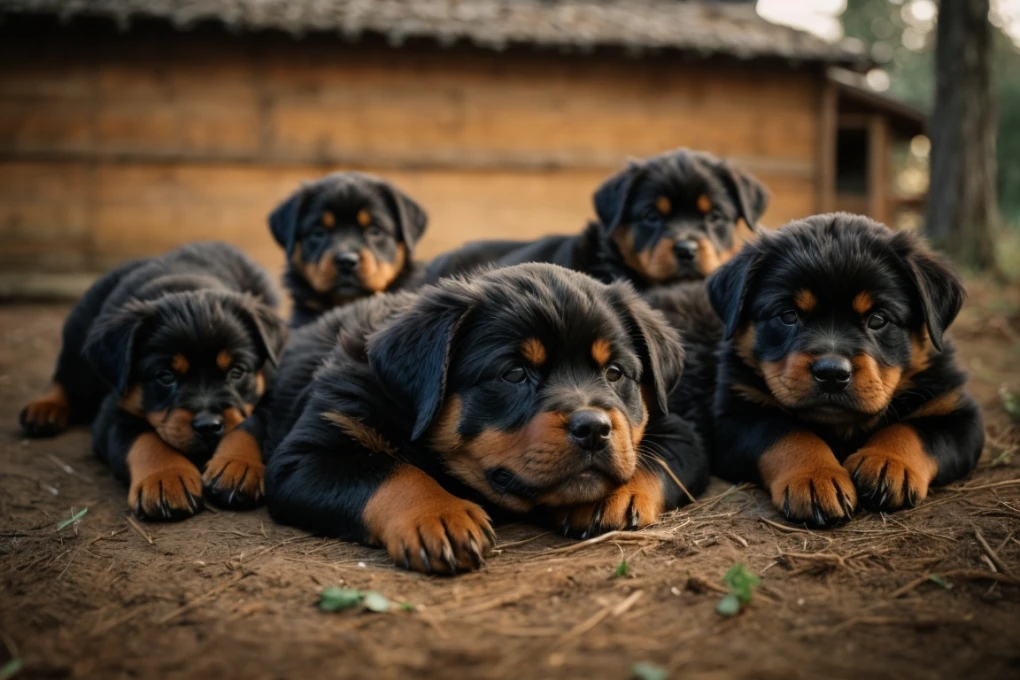Average Litter Sizes: How Many Dogs Are Born in a Litter?

When it comes to dog breeding, one of the most intriguing aspects is the litter size. From the tiny litters of small breed dogs to the larger broods of big dogs, the number of puppies born can vary greatly. This article delves into the average litter sizes of various breeds, focusing on the 10 most popular ones.
Understanding Litter Sizes in Different Breeds
Big Dogs
Large dogs, such as German Shepherds and Rottweilers, often have bigger litters. Their size plays a significant role in the number of puppies they can safely carry. For instance, a first-time Rottweiler mother may have a larger litter compared to later ones.
Small Dogs
In contrast, small dogs like Dachshunds and French Bulldogs tend to have smaller litters. The tiny litters are often a result of the smaller size of the breed and sometimes due to complications, like those needing C-section delivery in French Bulldogs.
The 10 Most Popular Breeds and Their Average Litter Sizes
- Labrador Retriever: Known for their friendly nature, Labradors have an average litter size of 6-8 puppies.
- French Bulldog: These charming little dogs usually have small litters, often requiring veterinary assistance due to their body structure.
- German Shepherd Dog: A breed known for its intelligence and versatility, German Shepherds have average litter sizes of 6-9 puppies.
- Golden Retriever: Similar to Labradors, Golden Retrievers have an average litter size of 6-8 puppies.
- Bulldog: Bulldogs often have smaller litters due to their unique physical structure, averaging around 4-5 puppies.
- Poodle: This breed varies greatly in size, but Standard Poodles typically have litters of about 6 puppies, while Miniature and Toy Poodles have fewer.
- Beagle: Beagles are consistent in their litter sizes, averaging around 6 puppies.
- Rottweiler: Known for their strength, Rottweilers have larger litters, typically 8-12 puppies.
- German Shorthaired: These versatile dogs have a range of litter sizes, often between 8-10 puppies.
- Dachshund: Small yet spirited, Dachshunds usually have litters of about 4-6 puppies.
Factors Influencing Litter Size
Several factors can influence the number of puppies in a litter. These include the dog's size, age, health, and genetic diversity. For instance, larger breeds like the Neapolitan Mastiff, known for holding a Guinness world record for the largest litter, can have significantly more puppies compared to smaller breeds.
Understanding the average litter sizes of different breeds is not just fascinating but crucial for breeders and dog lovers alike. It helps in preparing for the puppies' arrival and ensuring the health and well-being of both the mother and her litter. Each breed brings its unique challenges and joys in the journey of dog breeding.